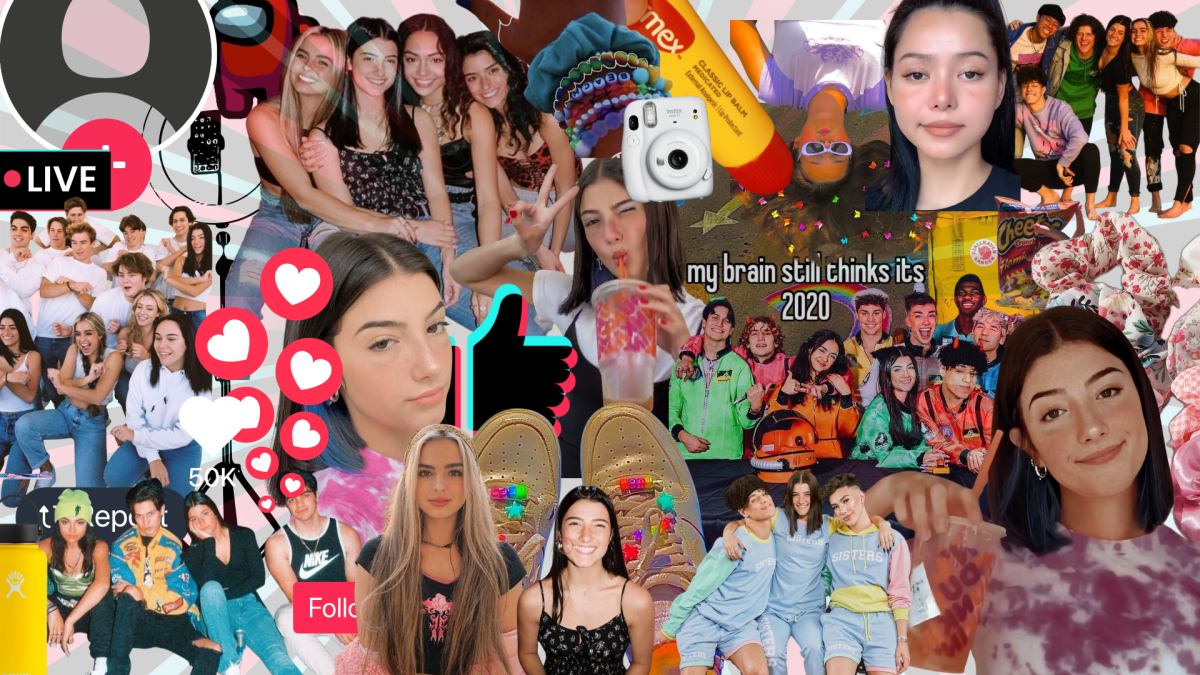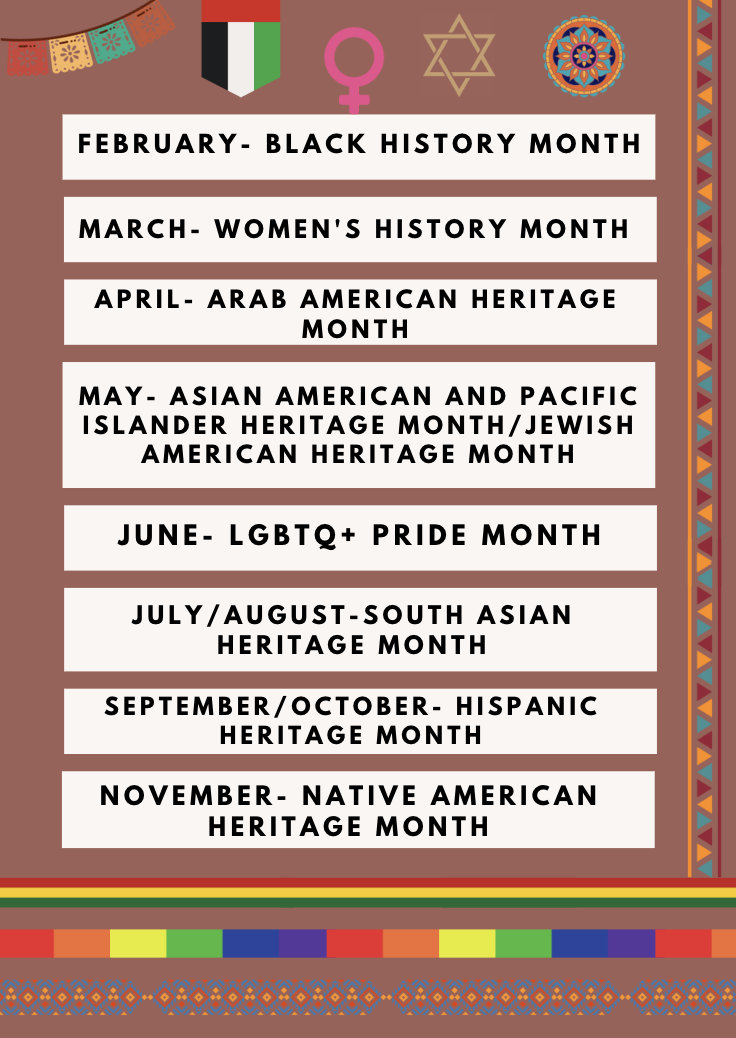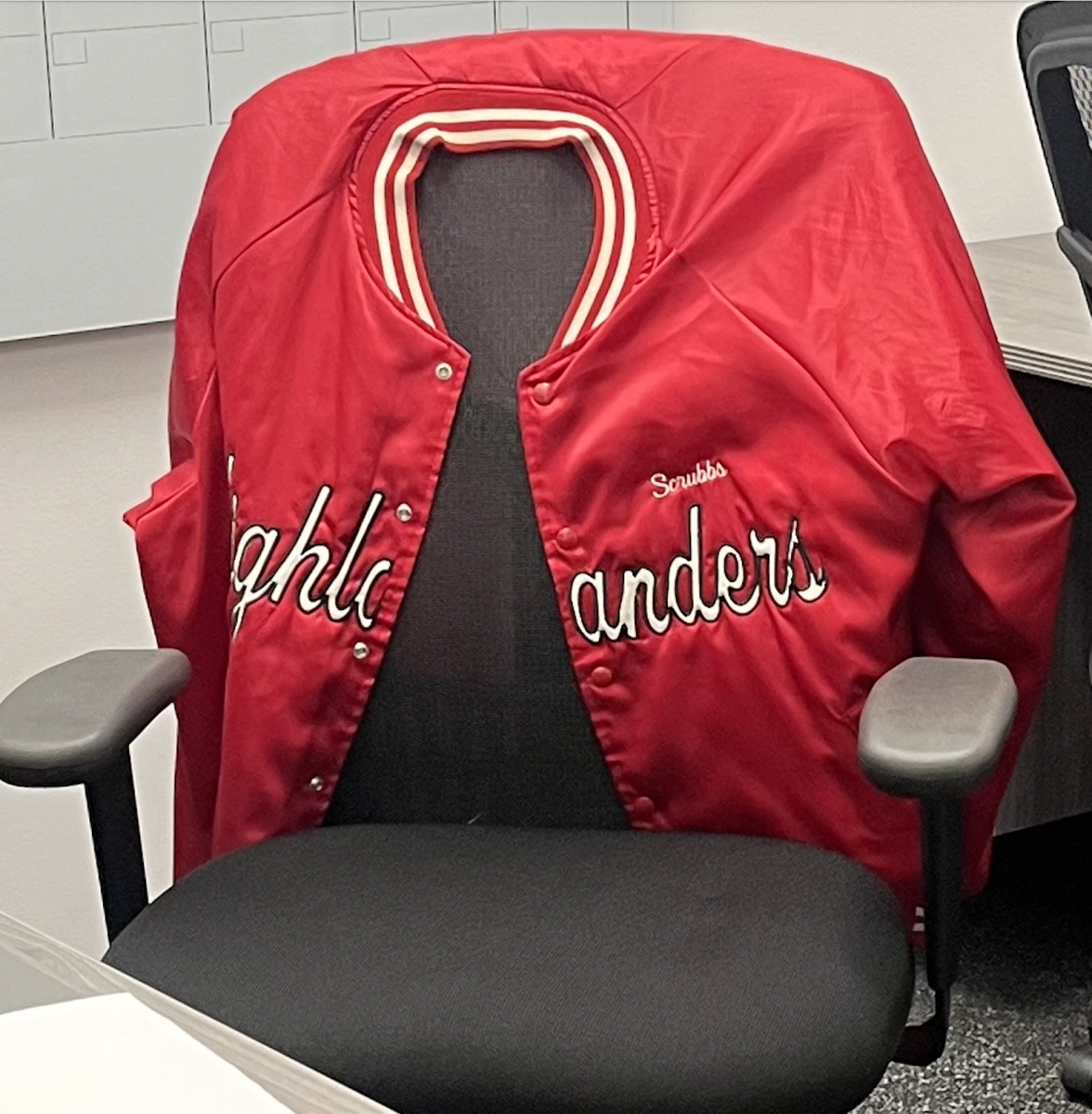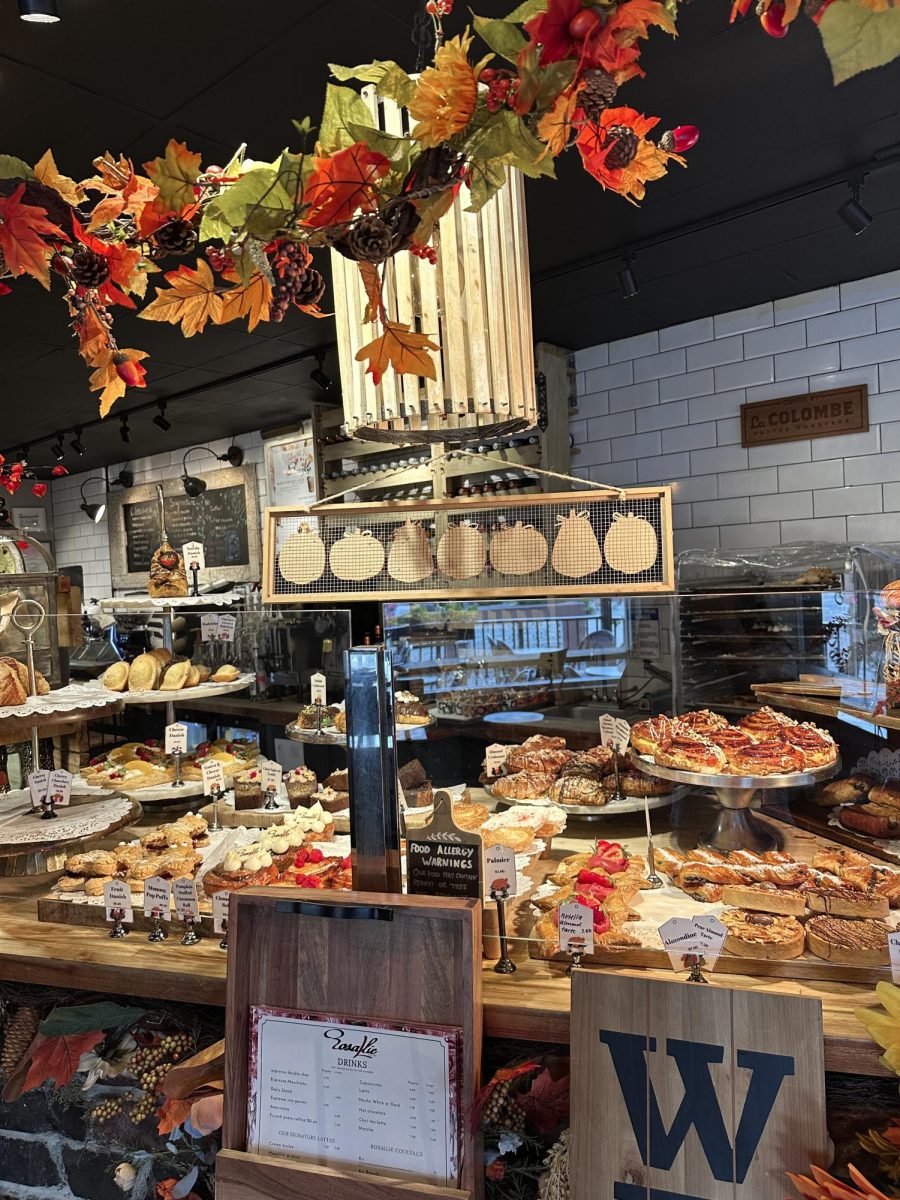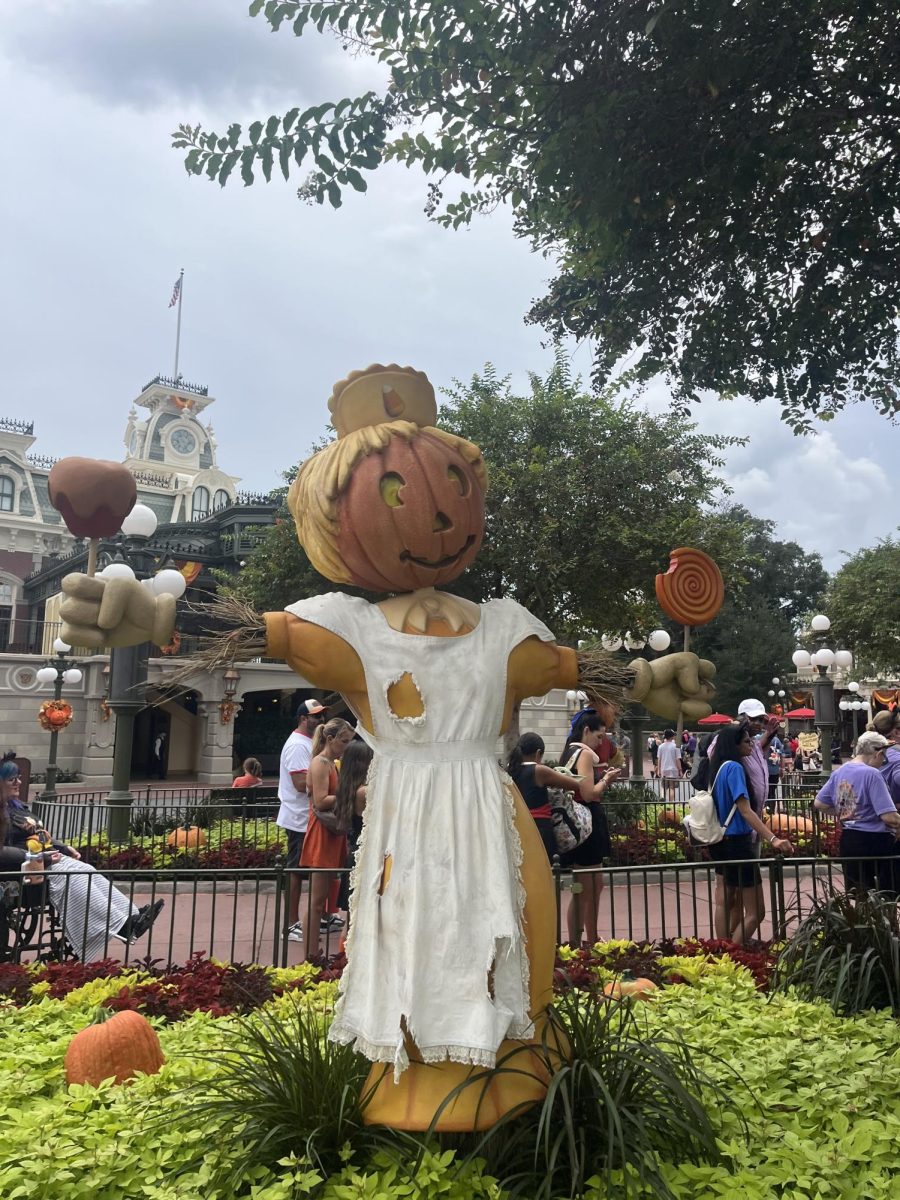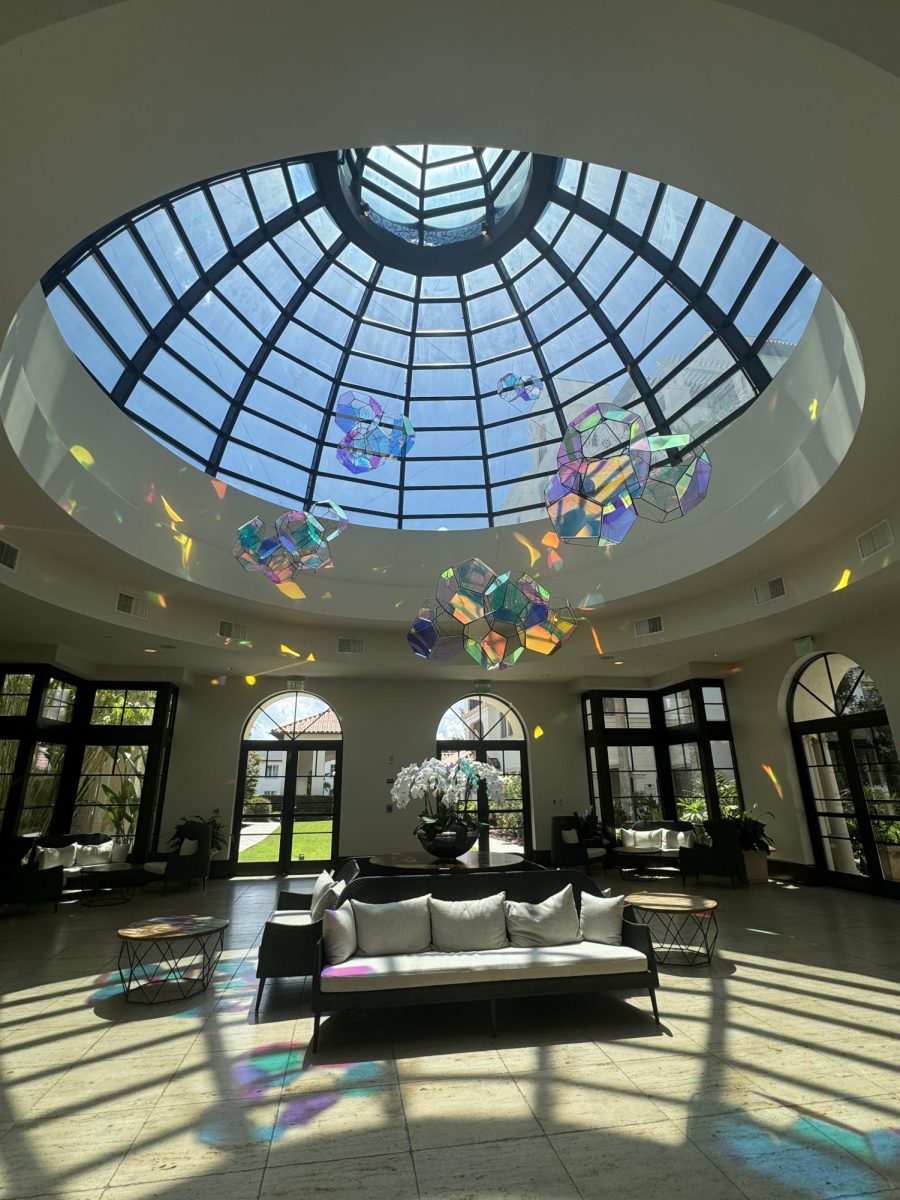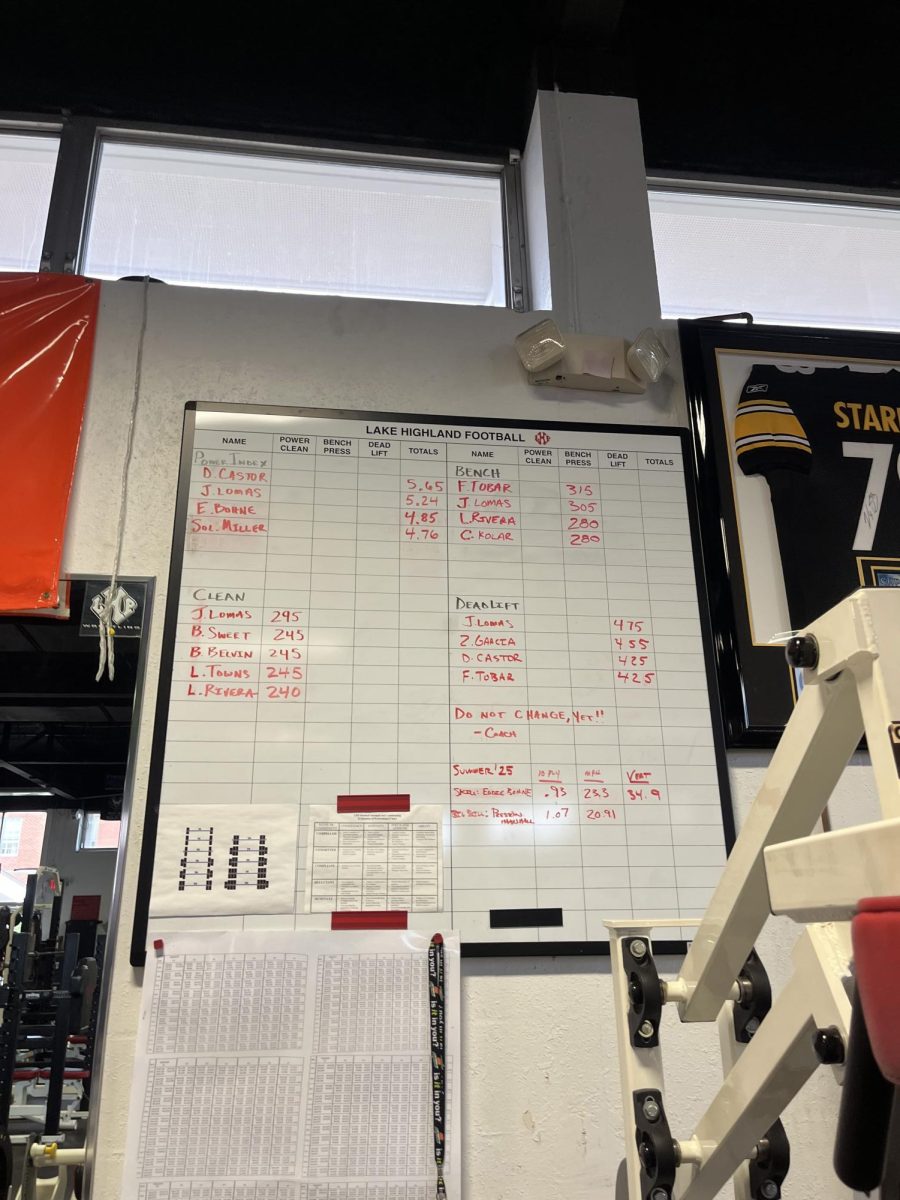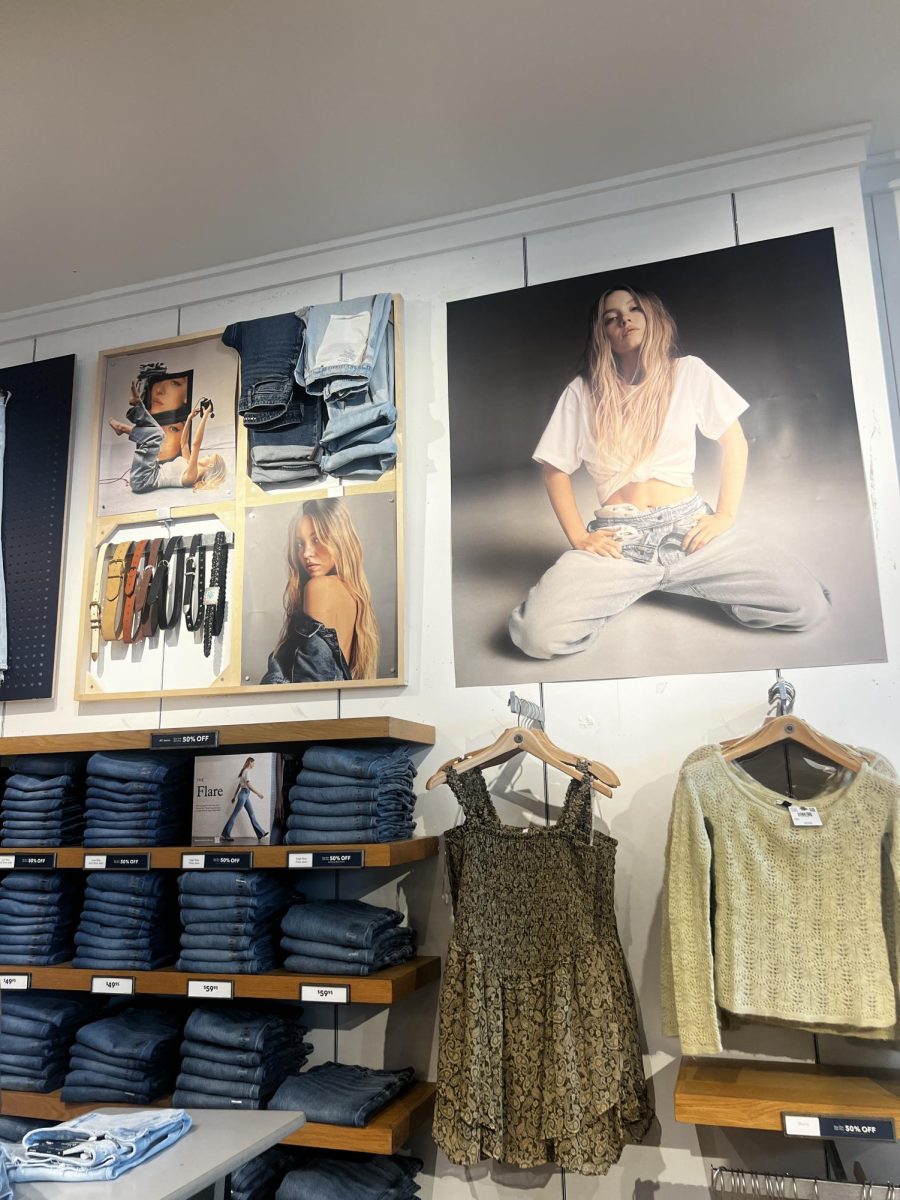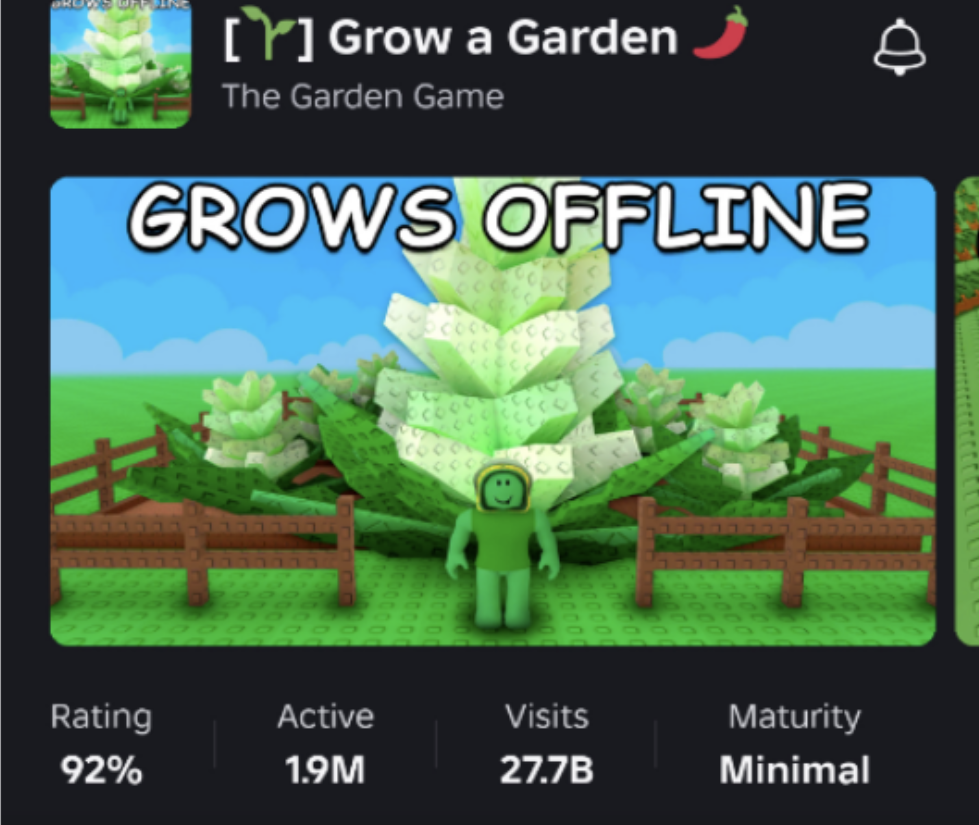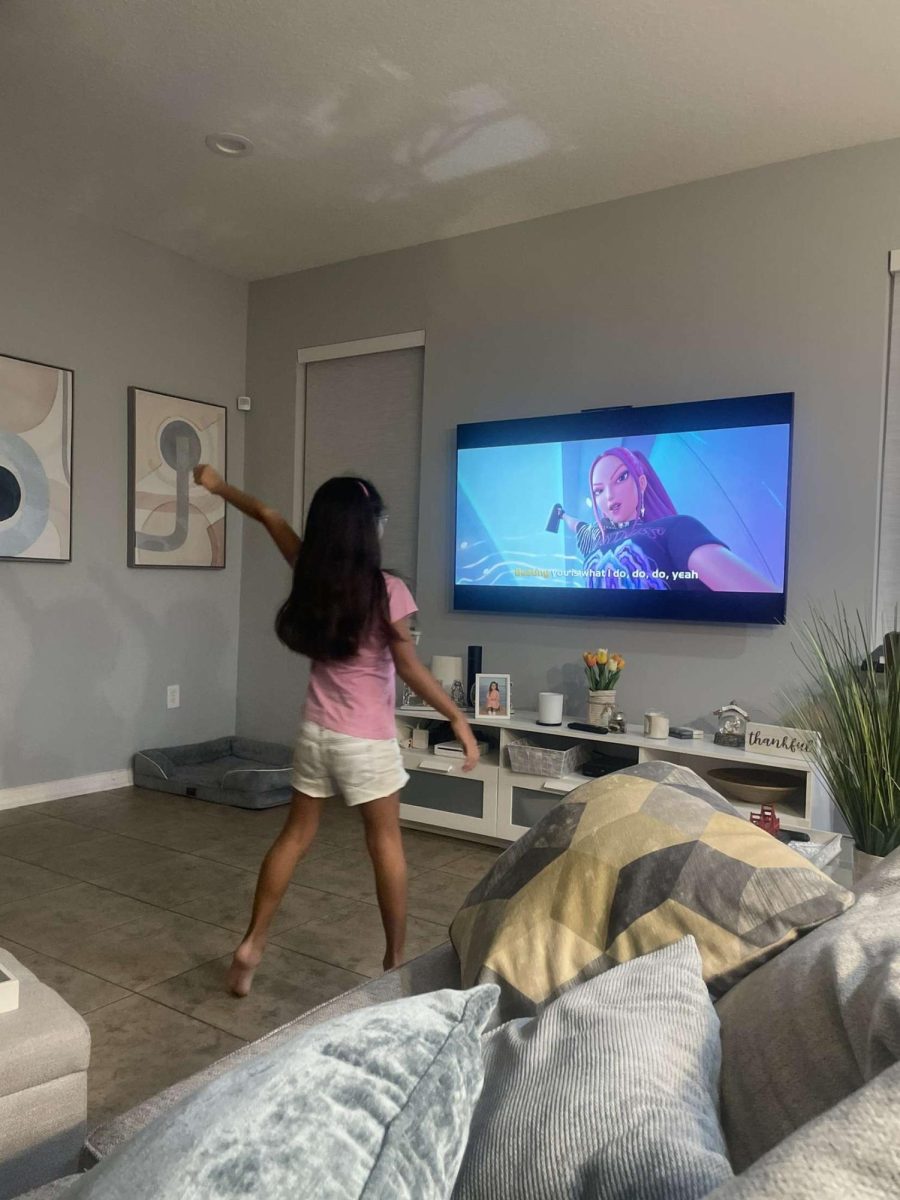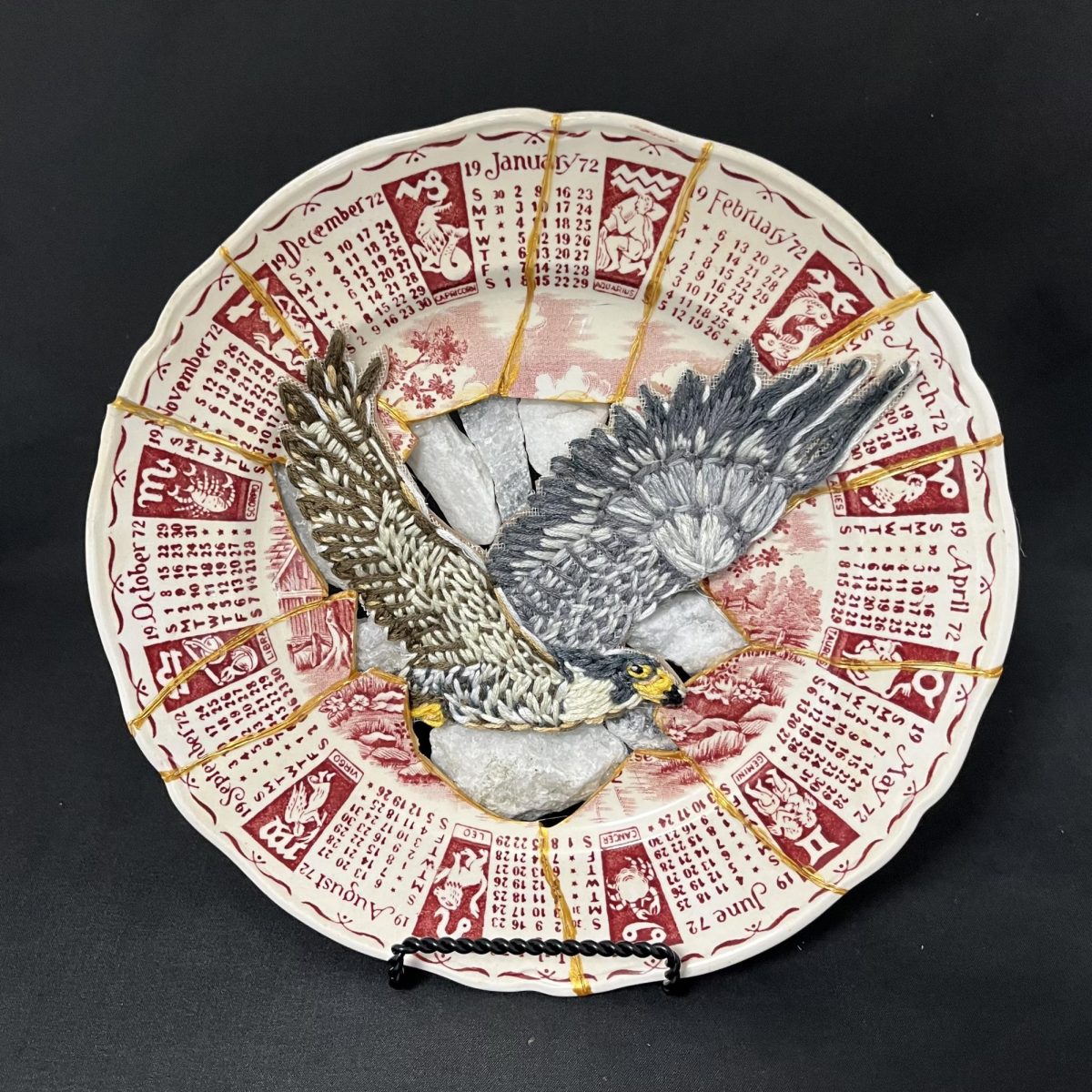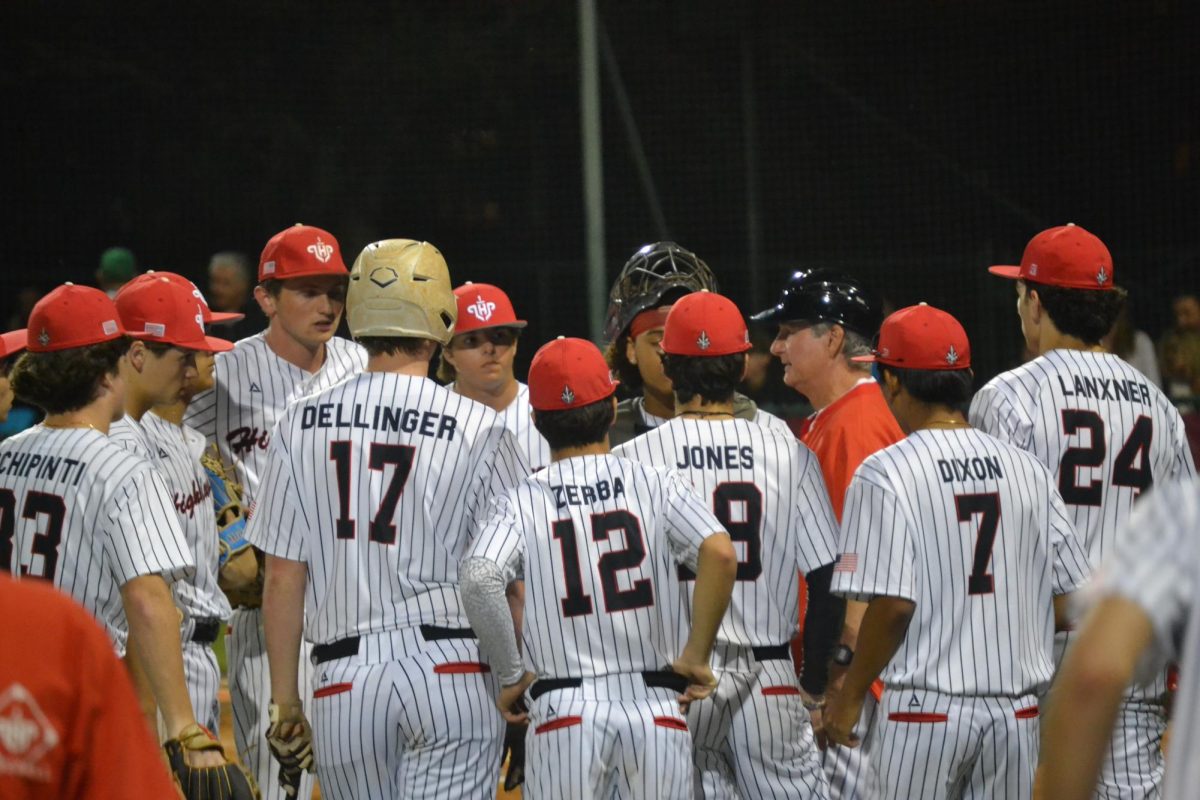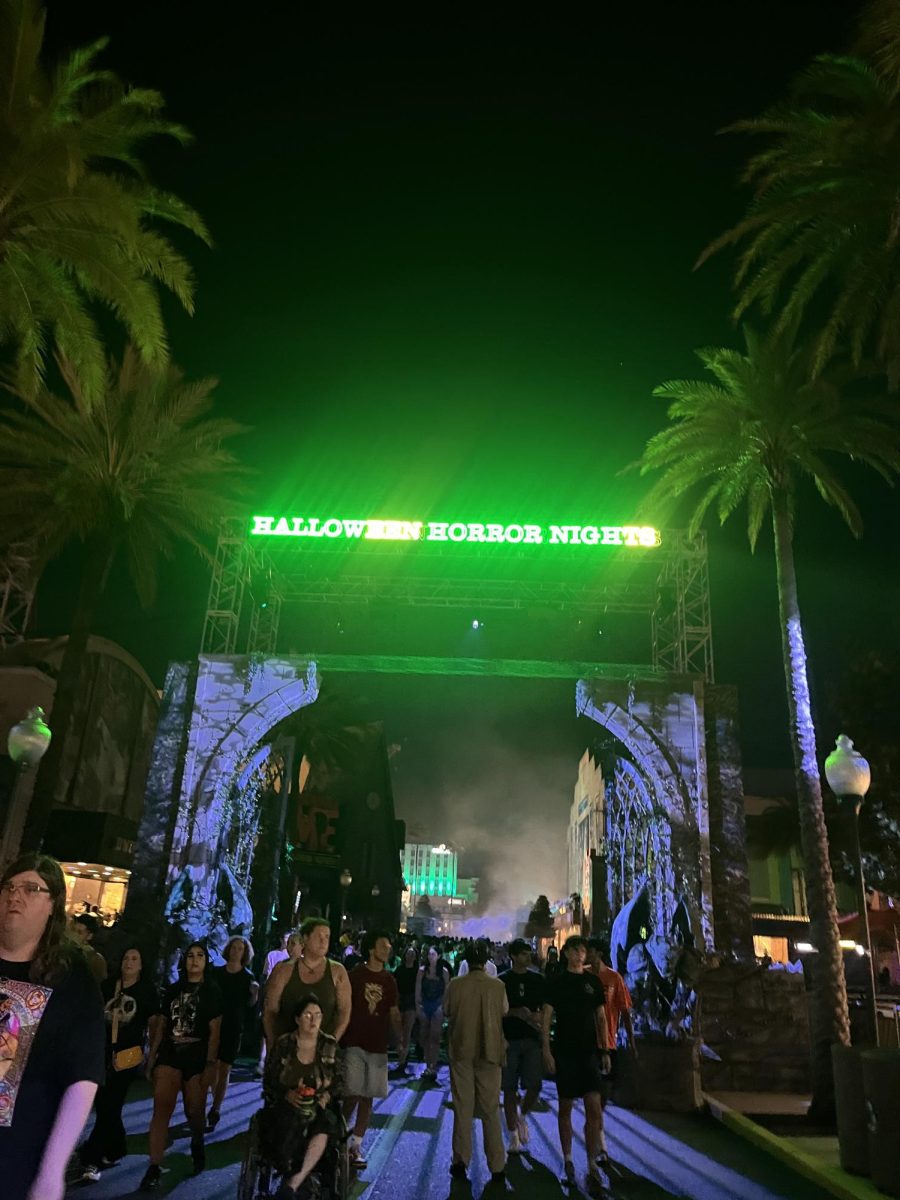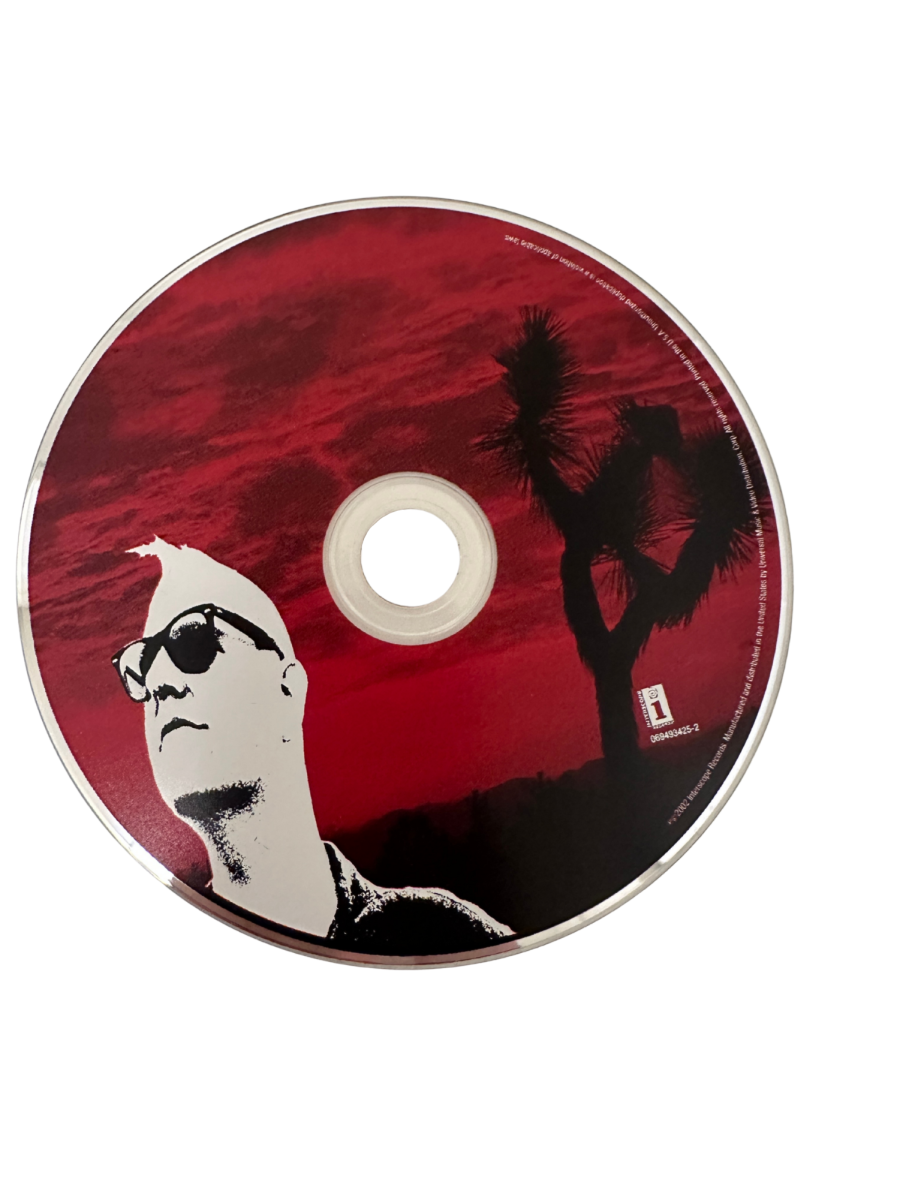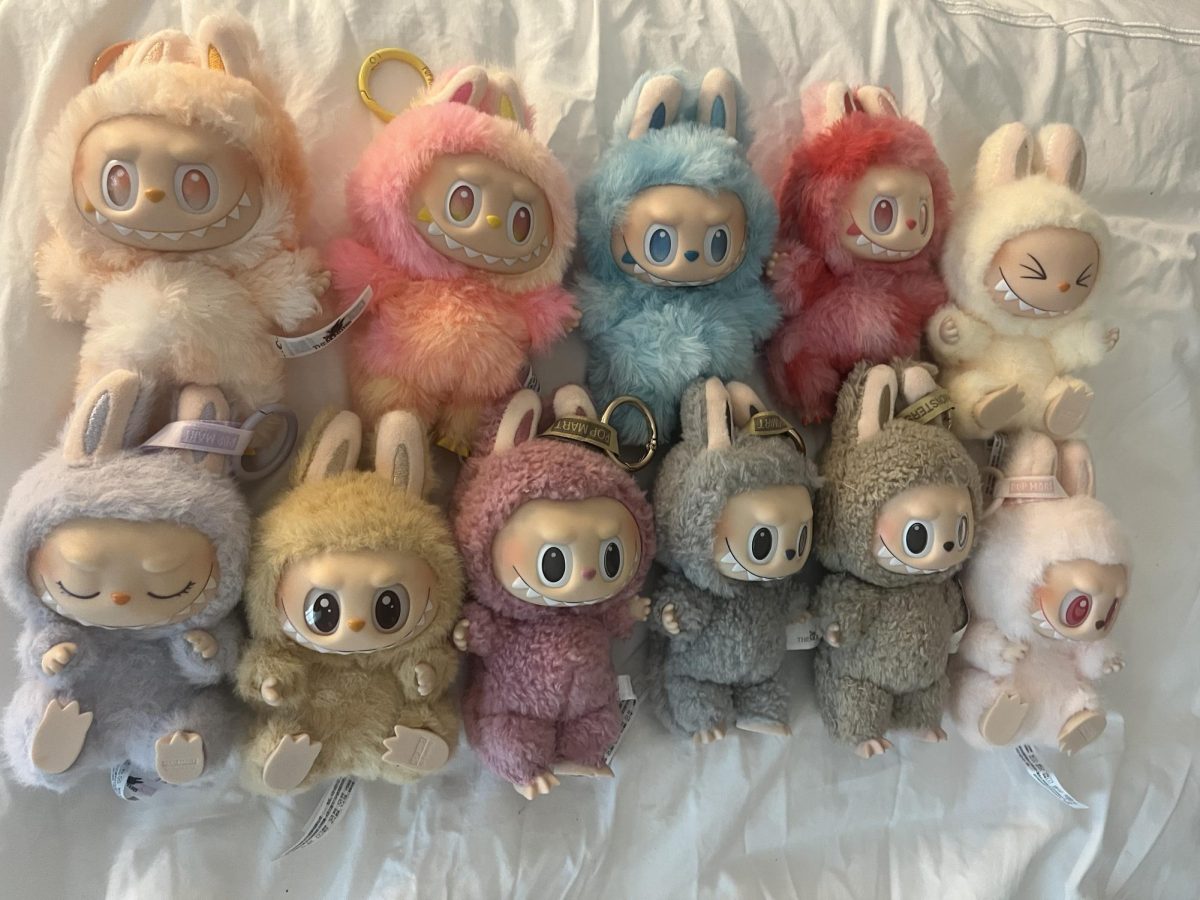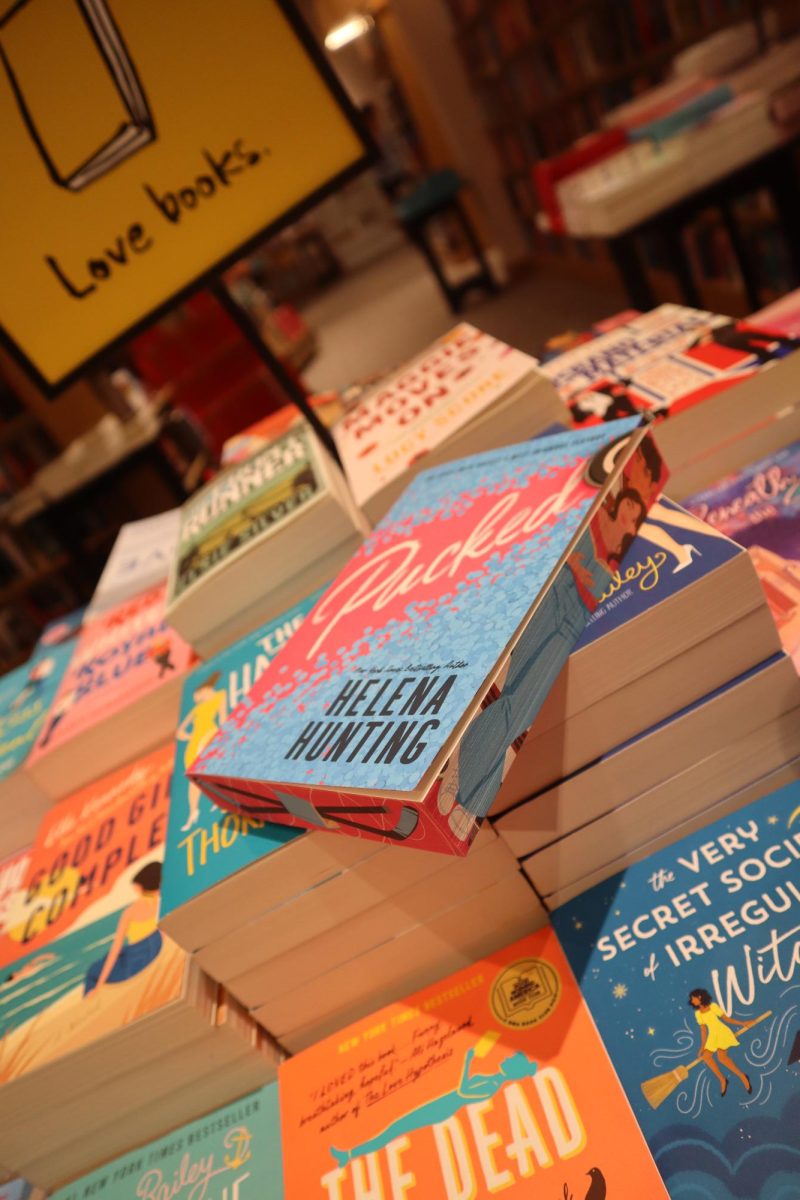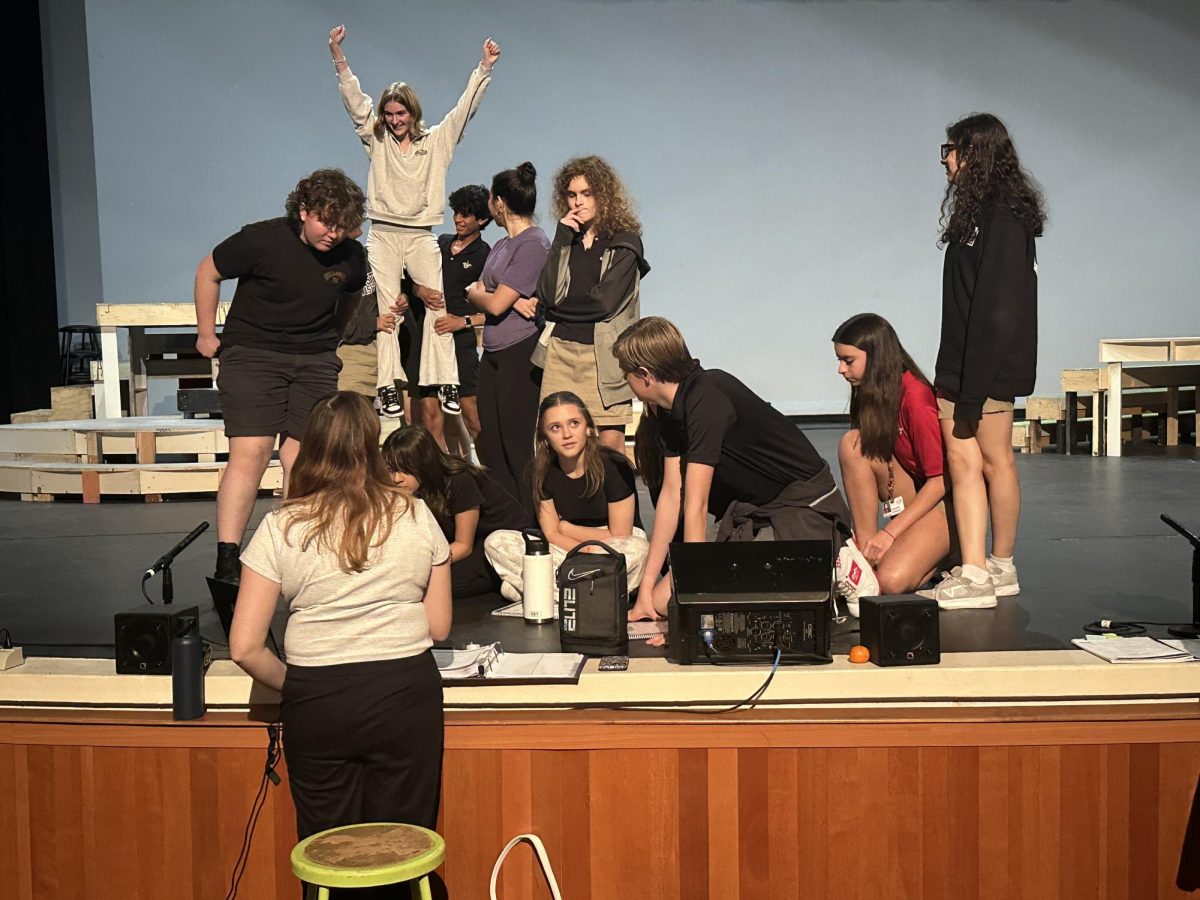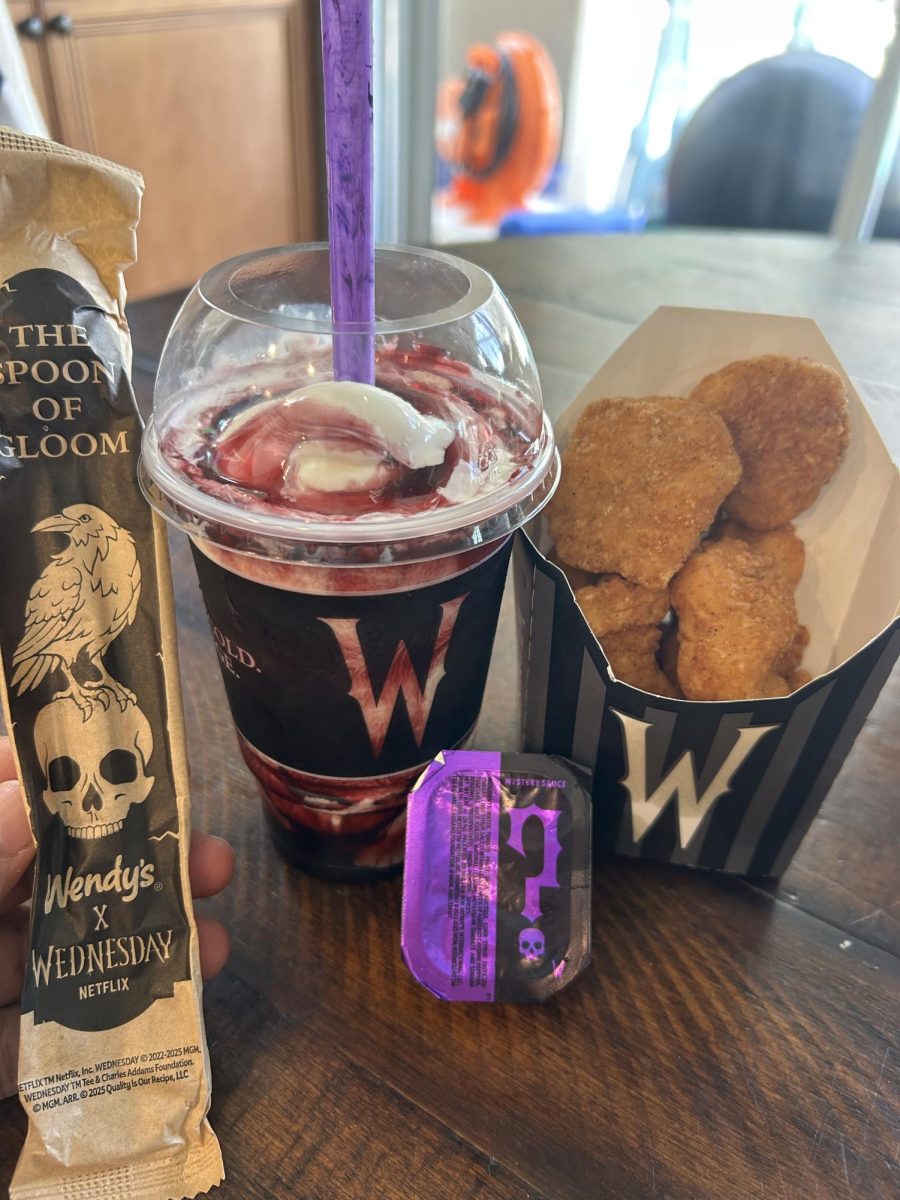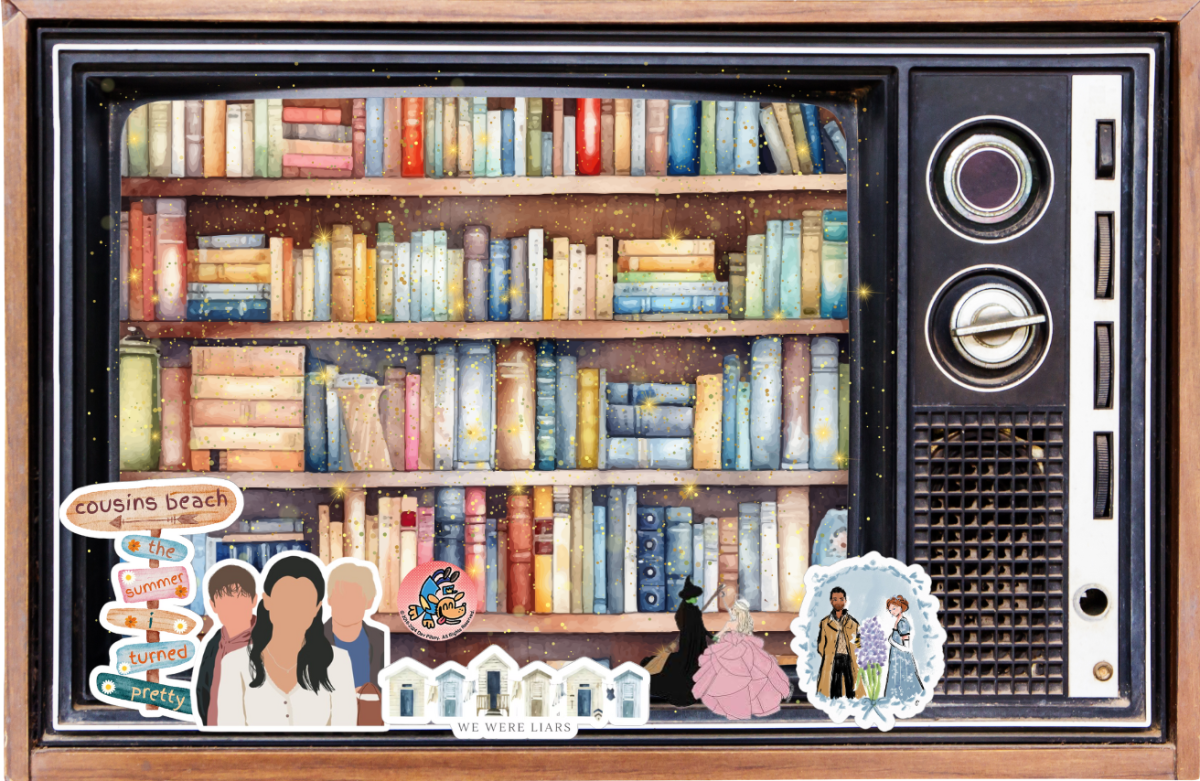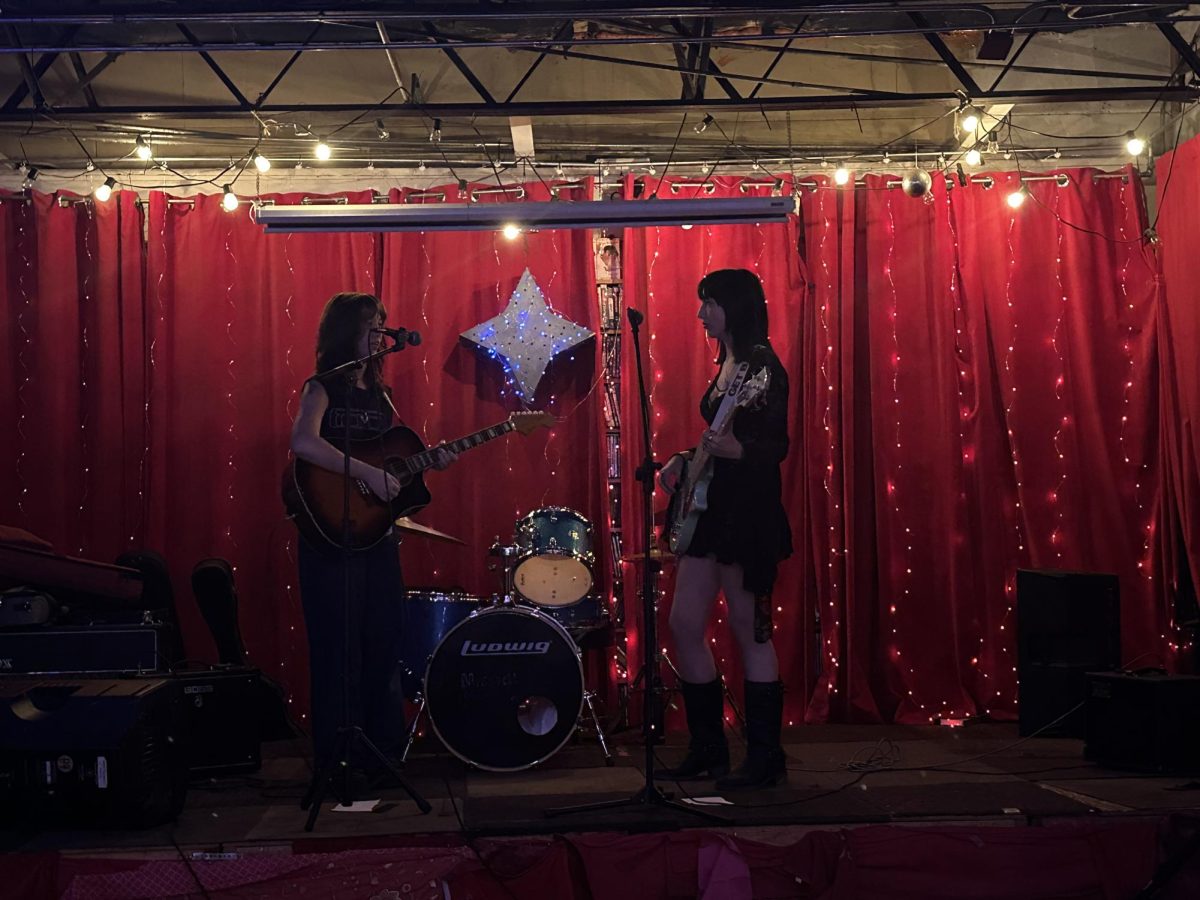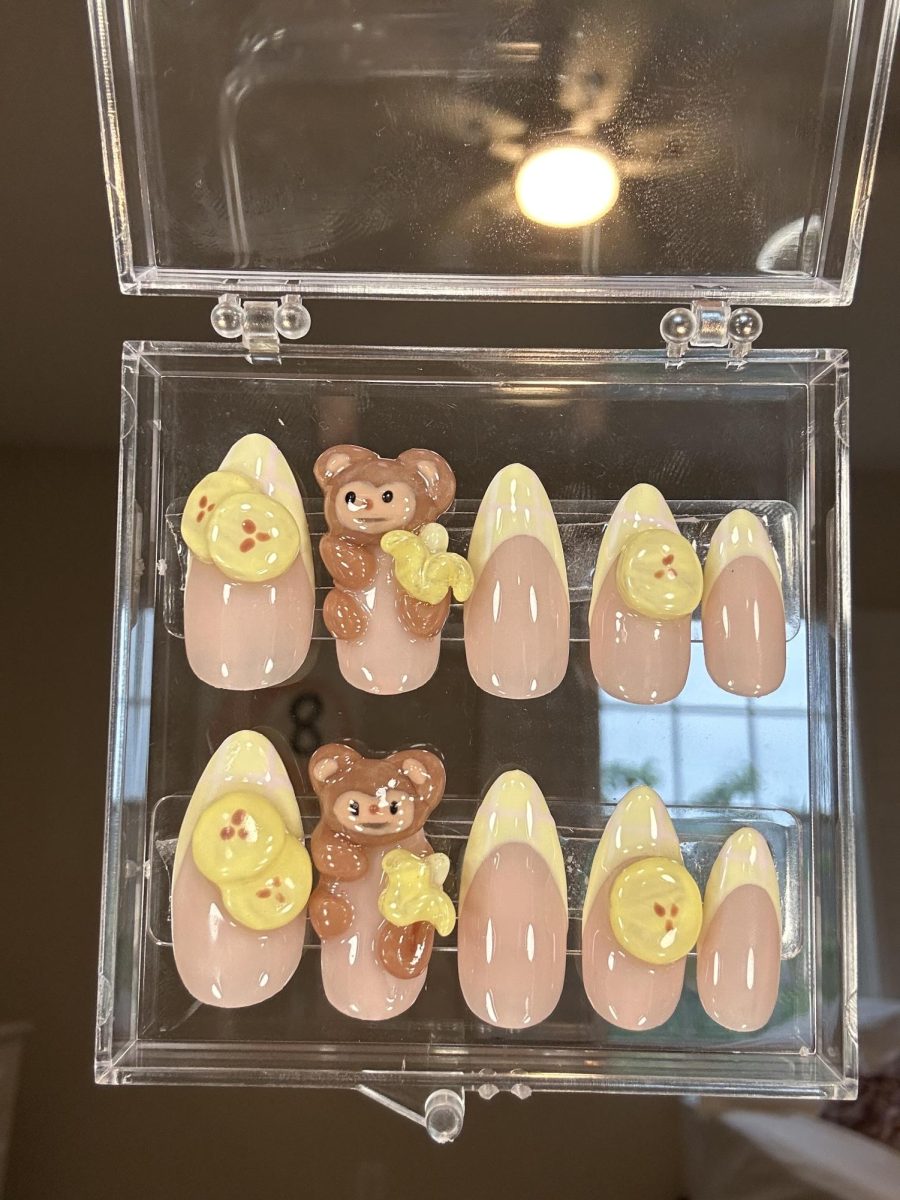People, “Don’t make albums anymore” and instead focus on, “Quick little singles,” stated Beyoncé on Beyoncé: Life Is But a Dream. This statement was made in an HBO documentary that aired in 2013, which provided insight into Beyoncé’s journey as a mother, wife, and artist. Beyoncé, who has been in the music industry for over three decades, highlights in her 2013 documentary the fact that the way people listen to music has changed. Thus, artists have changed their music to fit the new demands of music listeners and the music industry of today.
Music is an art where the creator takes an idea, an emotion or a message and expresses that through a body of work in lyrics, sound, rhythm, and instrumentation. Artists used to create music because they felt strongly about something they wanted to create and convey to listeners through a piece of audible art. They wanted their message to be understood as a whole, where songs could be understood as parts of that whole. People used to have to go out and purchase an album and listen to the entire playlist while absorbing that idea and understanding the artist’s piece through each song. This concept has become outdated as years have progressed due to the constant evolution of technology and how that altered the way people would access music. Music has transformed into unlimited streaming of any songs due to a demanding need for hits on social media as opposed to the slow, consuming purchase of an album into which the listener could delve.
Music has always been an audible track for listeners to enjoy, which has withstood the test of time. The way music is explored, digested, and produced has changed tremendously throughout the past century as technology has advanced. People pre-dating the Internet and social media used to discover music through a variety of different ways such as the radio, live performances in venues such as jazz clubs, local bands, bars, magazines, charts such as Billboard, and word of mouth. Record stores themselves would promote music and offer sample listening through private listening booths. Buying a record meant that the listener owned this piece of music and would then go home to play it on their turntable and listen to the entire album consuming it as a whole.
During this time, artists had an attitude towards music that differs from today’s attitude in the music industry. In the past artists dealt with experimentation and daringness to stray from what was popular. For example, The Beatles Sgt. Pepper’s Lonely Hearts Club Band was drastically different from their previous, more stereotypical, boy band albums that their fans adored. It is praised for its innovation and lasting impact on music forever. To add context, The Beatles had been sick of touring and decided to take some time to stop and create a piece of music that derived from their influences such as Indian music, Pet Sounds by The Beach Boys, studio innovations, psychedelia, and more. Paul McCartney came up with the idea of the album following a fictional band, which helped the band step into the creativity of alter egos and step away from the image of who The Beatles were, allowing them the mindset to experiment more than usual. This album would then take listeners through a journey as each song blends into the next, and the listener can absorb the album from start to finish.
Beginning in the 1980s, records began to be replaced by CDs, compact discs, as the most used physical piece of music as it could be played at home, in the car, and on portable devices. With the invention and popularization of the MP3 player and iPods in the 90s and 2000s, music began to be consumed more digitally than ever before. These devices also allowed people to purchase individual tracks as opposed to full albums. This signaled the start of people turning from having to consume the entire album as a whole. Eventually, as it became more evident that people wanted accessibility to music instead of physical ownership, the music industry gave into what the digital world had to offer for music. Slowly, devices that could hold hundreds of songs turned into streaming services such as Spotify that allowed unlimited streaming.
Unlimited streaming of music is what began the popularization of individual songs. It then allowed for the creation of playlists containing a listener’s favorite songs at the moment, or songs for a certain mood they were in, so the possibilities became endless. What changed music for the worst however, is social media. On popular social media platforms such as TikTok, that consists of typically 15-30 second long snippets of audio, songs were condensed to the most appealing part to appease people’s short attention spans. Music artists now stray away from the originality and boldness The Beatles had back in the late 60s and now create songs for the purpose of going viral, not to hold some outstanding meaning or creativity. Due to this, the quality of songs has gone down tremendously, and people no longer have a deep connection with music as past generations did.
Technology took music from physical to digital, from albums to singles, from streaming to social media, and from hits to clicks. The music industry is no longer about immersive connection with the artist and their work. As trends have progressed, that has turned that into virality and cheap dopamine.

